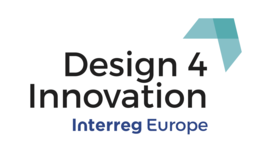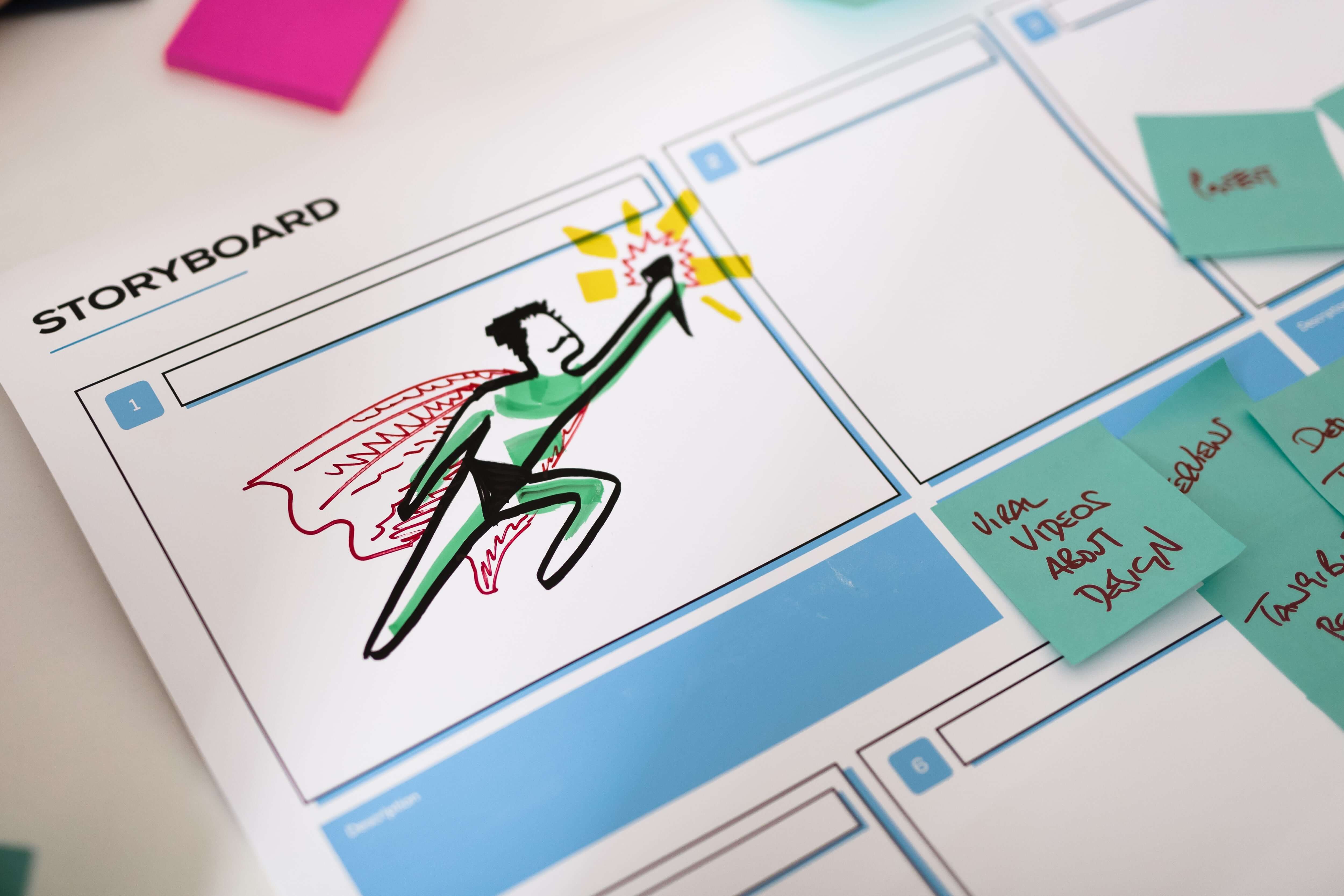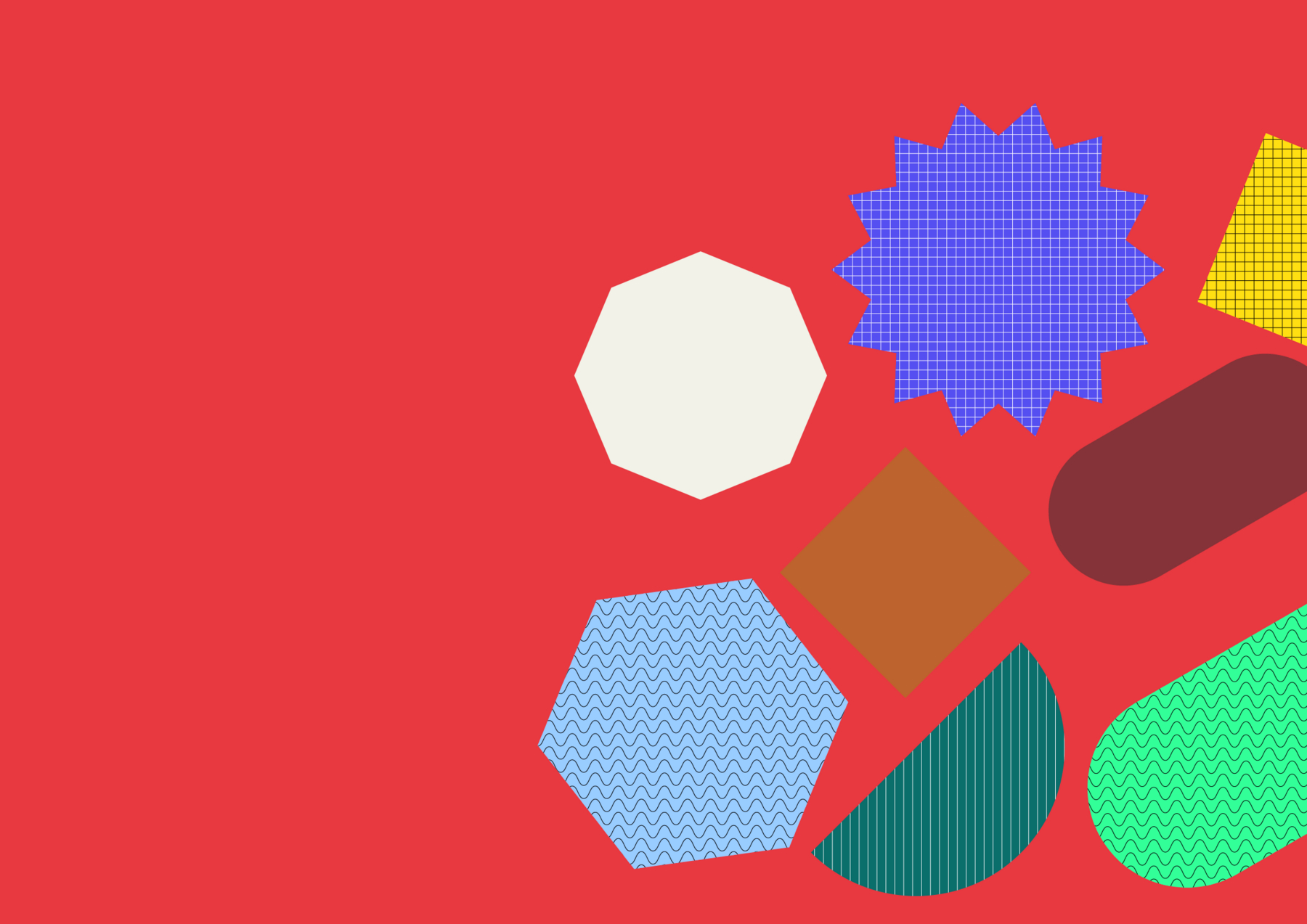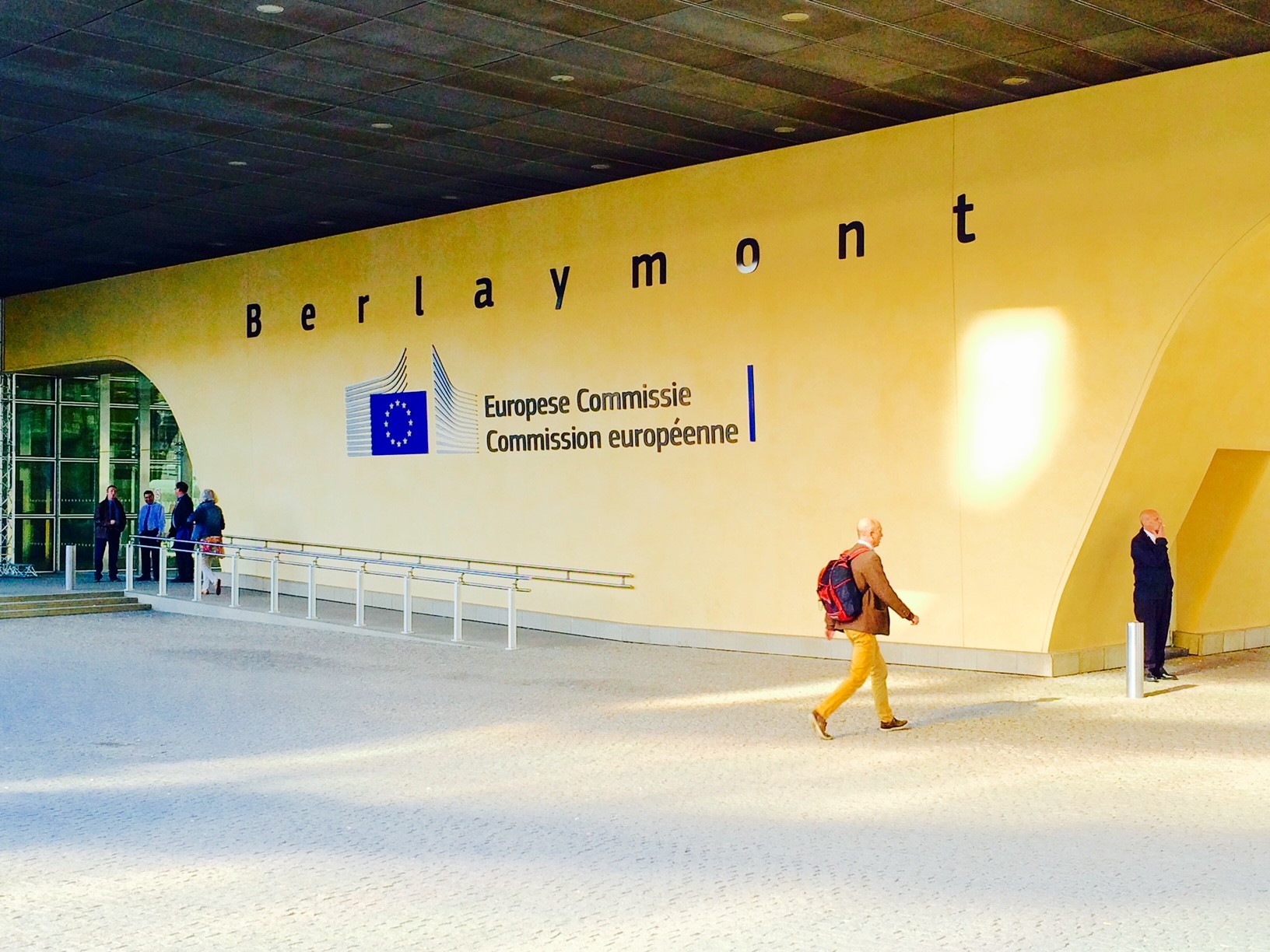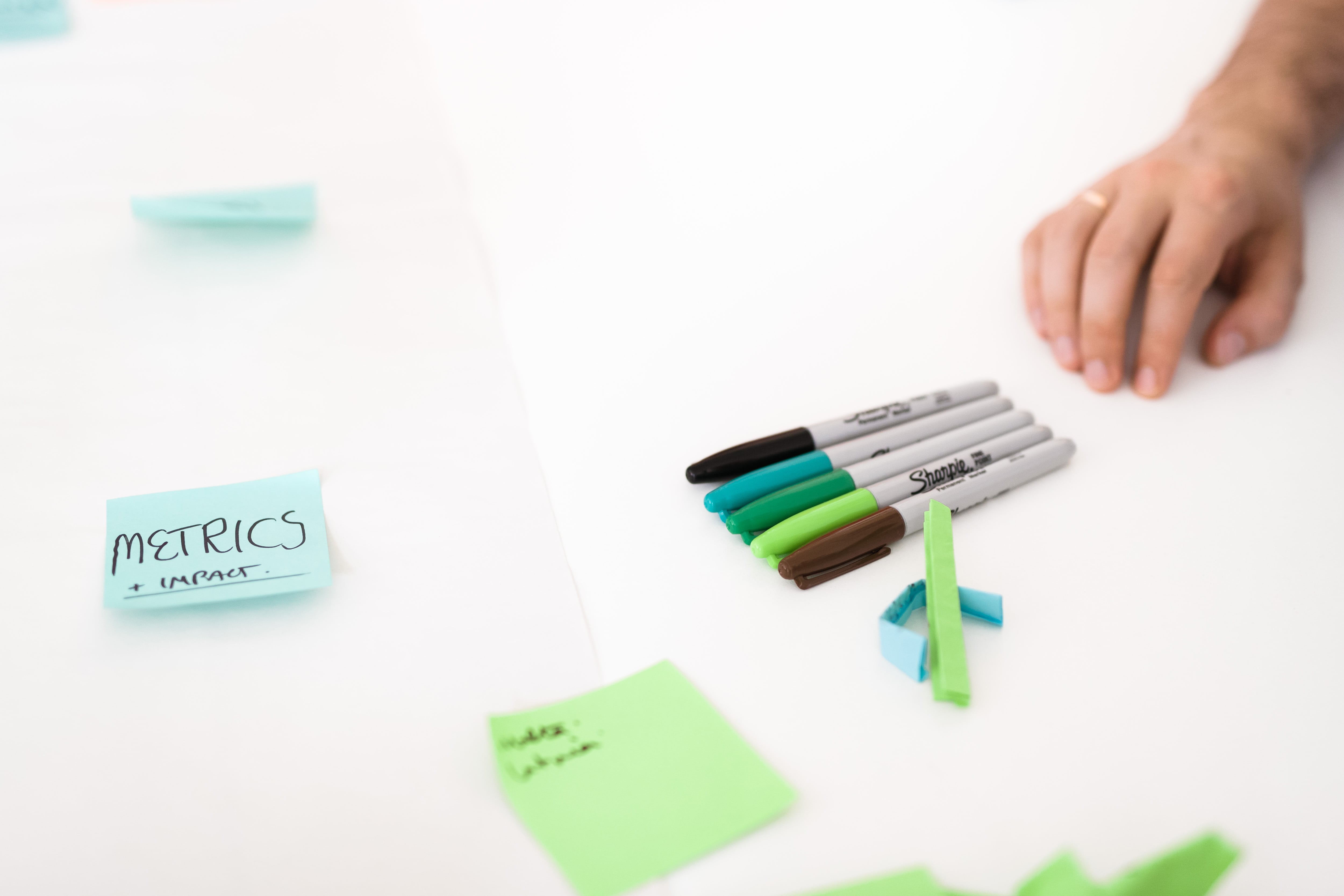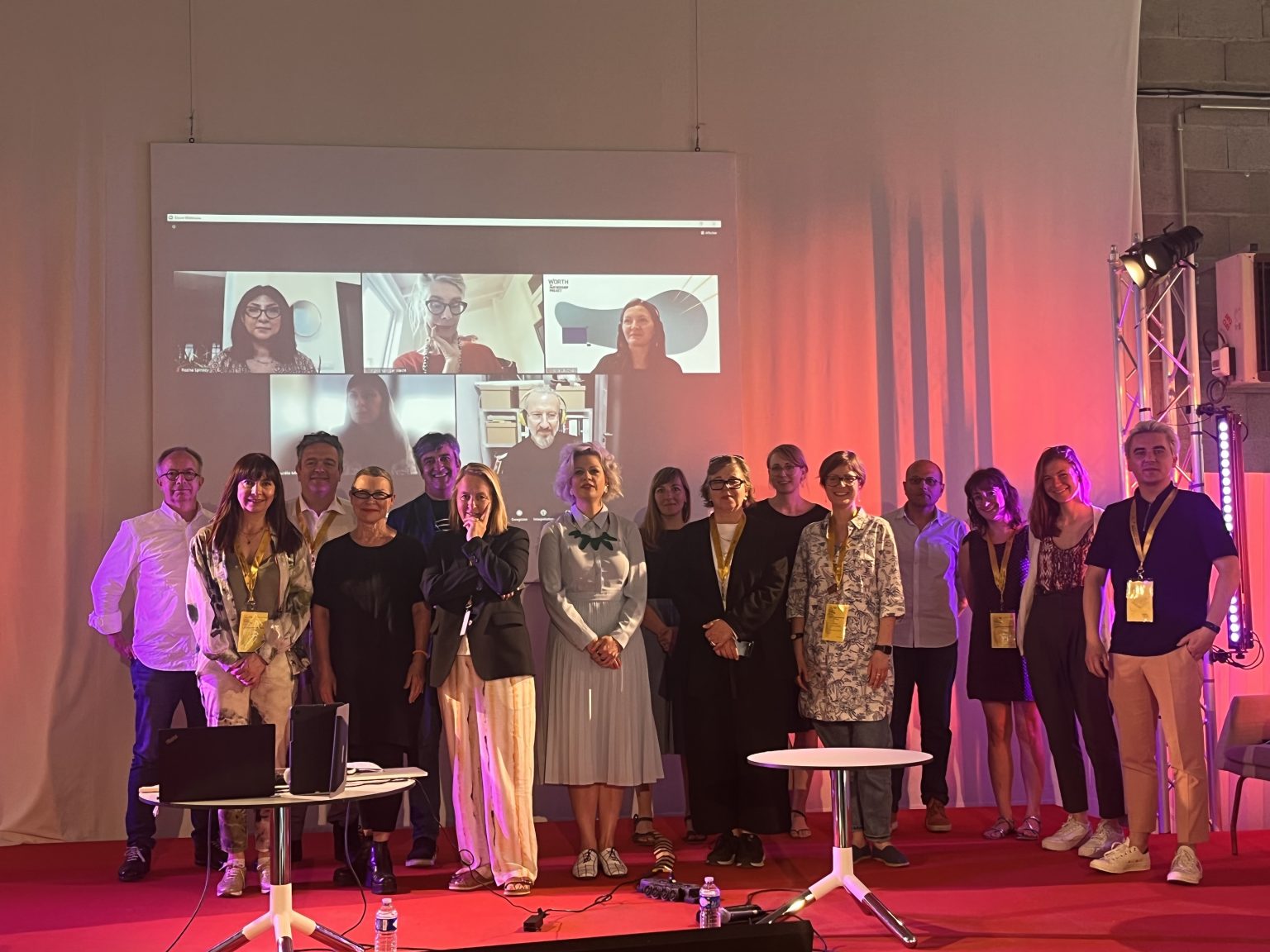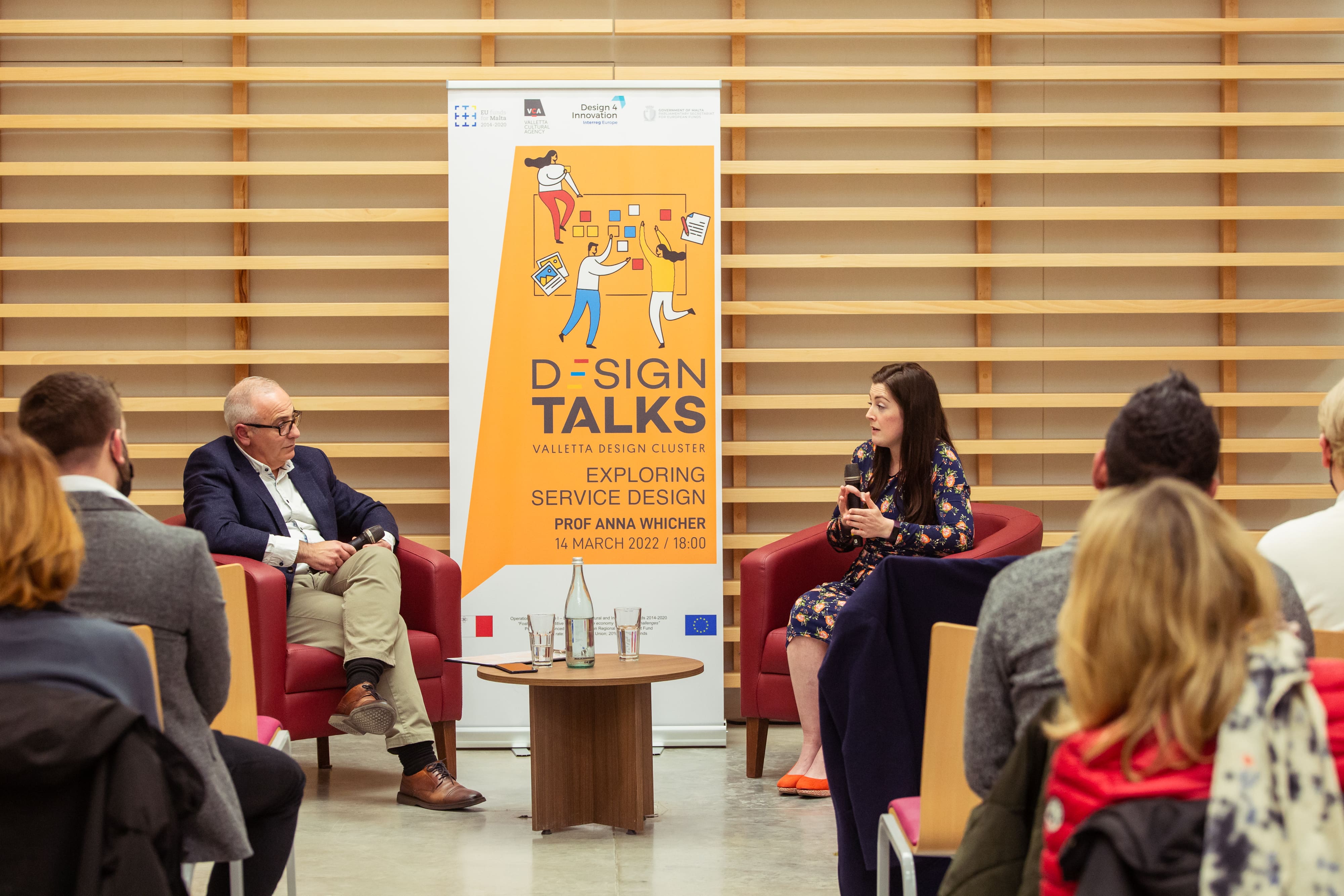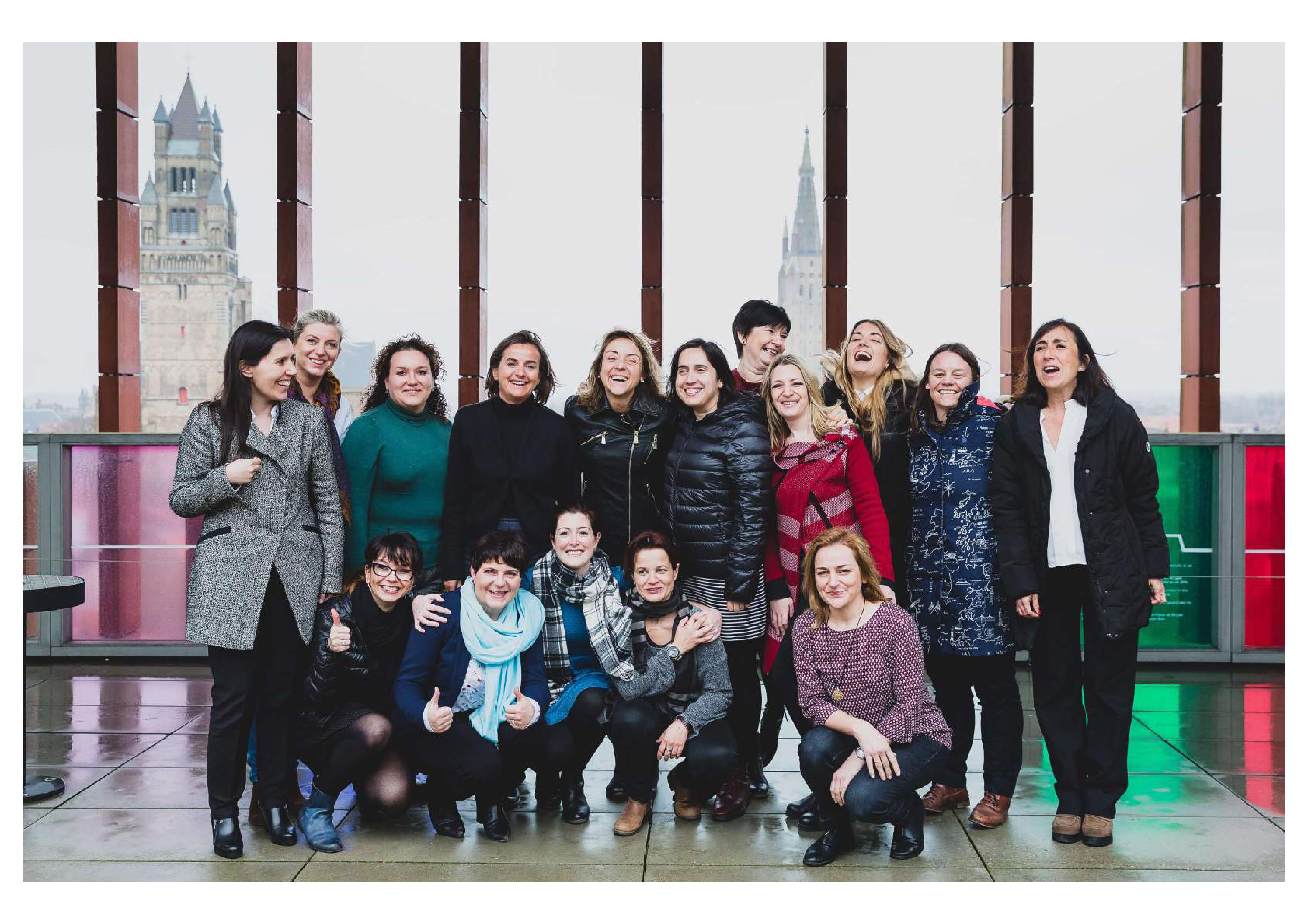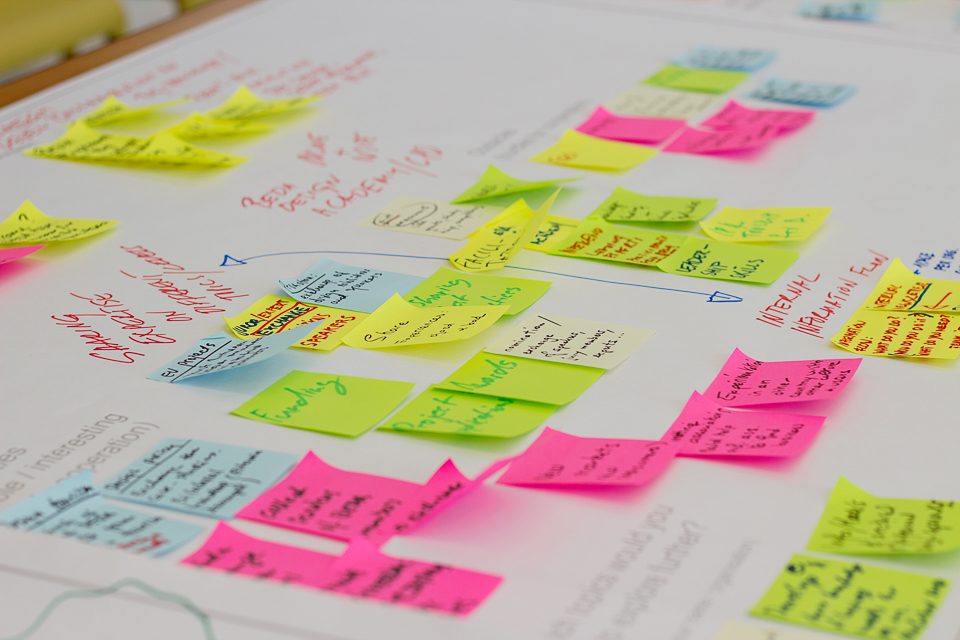The Valletta Design Cluster is a community space for cultural and creative practice situated in the renovated Old Abattoir building (Il-Biccerija) in Valletta, Malta. The site is undergoing restoration and regeneration in order to host the Valletta Design Cluster facilities as of late 2019. Openness is one of the main pillars on which the Valletta Design Cluster concept builds its vision, placing itself as a key facility for learning, networking, creating, sharing experiences, ideas and projects with a number of stakeholders coming from different communities.
Seven small group-guided tours were organized in the first part of 2018 in order to create solid connections with and between the future users of the facility, adhering to the Valletta Design Cluster strategic objective to establish the organisation as a new community - driven platform for cultural and creative practice and exchange in Malta. A total of 51 people participated as representatives of the following stakeholder groups:
- Residents;
- Creatives and SMEs;
- Students;
- Academics and Researchers;
- Cultural Professionals.
A feedback form was distributed after each tour, where we asked the attendees to profile a potential user of the Cluster, providing details about the person, their interests and their skills. A very varied list of suggestions was generated from this exercise, and it included mostly profiles linked to design and visual arts (as expected), but also SMEs, activists, scientists, resident community members, architects and engineers, creative collectives, start-up businesses, students, network seekers and more.

This simple but rewarding exercise helped us develop the Valletta Design Cluster concept in two ways: it generated awareness in the community about what the vision of the organization is, what the facilities and the activities will be, but most importantly it has been one of the key tools for us to have a precise insight into what the final users and practitioners expect from the organization, together with their needs and suggestions for problem solving. These data are amongst others essential for us to create a user-centered Design Action Plan for Malta, which is being conceived to ultimately provide final users and practitioners with efficient solutions to problems which currently prevent them from achieving better objectives, and help small and medium enterprises in their growth.
The Valletta Design Cluster will serve as a platform for creative encounters and will trigger good practices and synergies amongst users, with the support of qualified personnel and fully equipped facilities, including a workshop, co-working spaces, creative studios, a roof garden, a food space, an artist in residence space and others. The project is being supported by the European Regional Development Fund, which is allowing the regeneration of the buildings and the urban public spaces around it.
